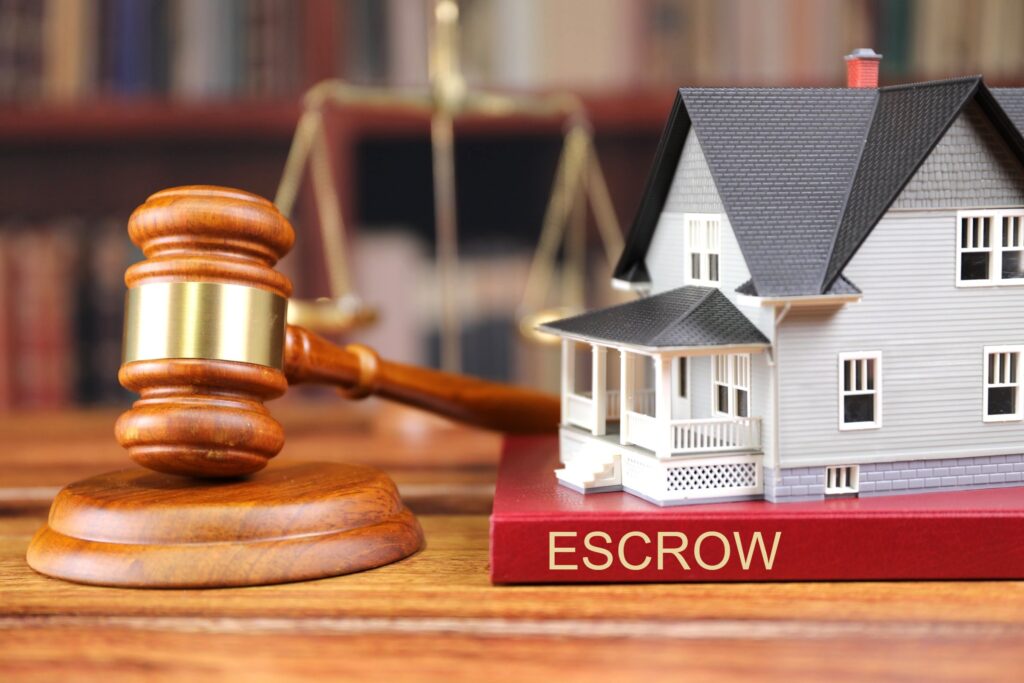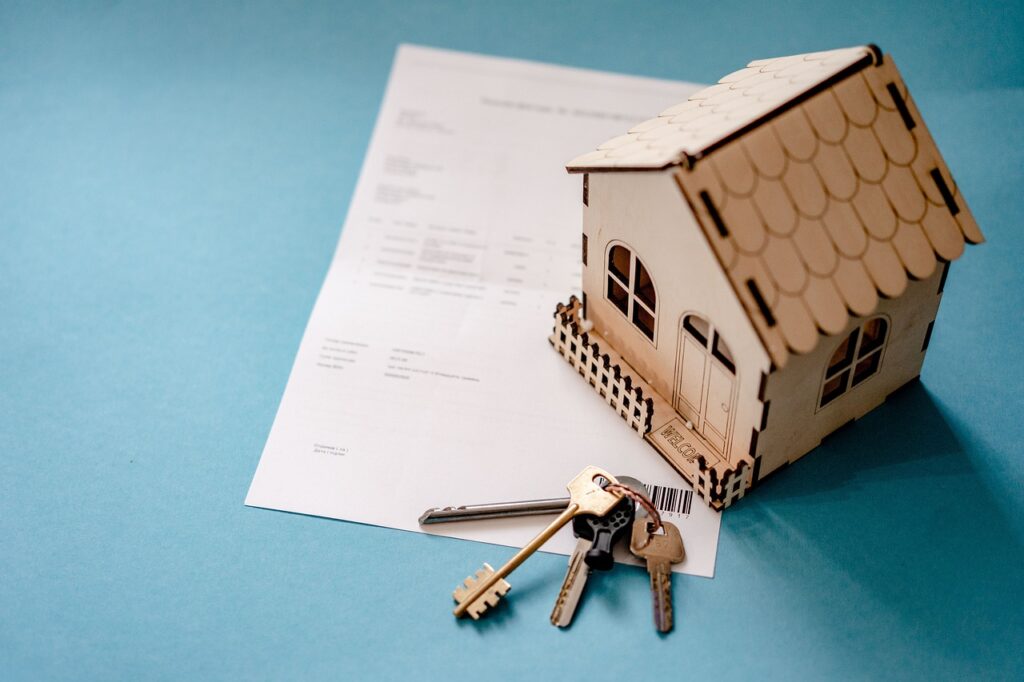If you’ve ever considered purchasing or living in a property abroad, especially in countries like the United States, you might have come across the term HOA(Homeowners Association). HOAs are quite common in shared housing communities, townhouses, or specific residential developments. They manage the living environment and enforce certain regulations for residents, while also collecting fees to cover the costs of maintenance and services.
In this post, we’ll break down what exactly an HOA is, how fees are determined, and how their regulations impact homeowners.

What is an HOA?
An HOA (Homeowners Association) is an organization responsible for the maintenance and regulations of a specific housing community. If you purchase property in a community managed by an HOA(Homeowners Association), you automatically become a member and are required to comply with its rules. HOAs are common in condominiums, townhouses, and other shared living spaces.
Their primary purpose is to preserve the property values of the community and ensure that the environment remains clean and well-maintained. HOAs establish various rules such as maintaining building aesthetics, landscaping standards, and even restrictions on parking and pet ownership. When purchasing a property in an HOA-governed community, it’s important to be aware of these rules, as they will dictate certain aspects of your living experience.
HOA Fees: What Do They Cover?
HOA(Homeowners Association) fees are mandatory payments that homeowners contribute to cover the maintenance and operation of shared facilities and services. These fees typically cover the upkeep of common areas, security, landscaping, and the maintenance of amenities like swimming pools or gyms.
The amount of the HOA fee depends on the community’s maintenance needs and overall operational costs. Fees may be charged monthly or annually. For example, a luxury condominium with high-end amenities might charge several hundred dollars per month, while a more modest community might charge a lower monthly fee. HOA fees are subject to inflation and may increase over time to cover rising maintenance costs.
The Importance of HOA Rules
One of the main responsibilities of an HOA is to enforce community regulations. These regulations ensure that the neighborhood is well-kept, property values are protected, and residents live harmoniously.
Some typical HOA rules might include.
- Exterior Appearance:
- HOAs may regulate the color of paint, window designs, and the types of external fixtures allowed.
- This is to maintain a uniform aesthetic throughout the community.
- Landscaping:
- Homeowners may be required to keep their yards and gardens maintained to a specific standard.
- Pet Restrictions:
- Certain HOAs may limit the type and size of pets allowed within the community to prevent potential hazards or disturbances.
- Noise Regulation:
- Some HOAs enforce noise restrictions, particularly during late hours, to ensure the peace and quiet of the neighborhood.
- Parking Rules:
- In communities with limited parking, HOAs may set rules that restrict long-term parking in shared spaces.
These rules are designed to promote a clean and orderly environment. However, failing to comply with them may result in fines or warnings from the HOA.
Advantages and Disadvantages of HOAs
While HOAs offer many benefits, they also have certain drawbacks. Anyone considering purchasing a home in an HOA-managed community should weigh these pros and cons.
Advantages:
- Property Value Protection:
- By enforcing maintenance standards and community guidelines, HOAs help ensure that homes retain their value over time.
- Convenience:
- HOAs handle the upkeep of shared spaces, such as parks and pools, which can reduce the burden on individual homeowners.
- Aesthetics:
- Uniform community appearance is maintained through HOA rules, contributing to an attractive living environment.
Disadvantages:
- Limited Freedom:
- HOAs impose restrictions on how homeowners can modify or use their properties.
- Homeowners cannot make changes without HOA approval.
- Additional Costs:
- HOA fees can add a significant expense to homeownership, especially in luxury communities where fees can be quite high.
- Rule Disputes:
- Some homeowners may find the regulations overly strict or intrusive, leading to potential conflicts with the HOA board.
Conclusion
When buying property in a foreign country, especially within HOA-managed communities, it’s essential to understand the fees and regulations involved. HOAs play a crucial role in maintaining the quality of life and property values within these communities, but they also come with costs and restrictions.
Be sure to thoroughly review the HOA’s rules and fees before committing to a purchase. By doing so, you’ll avoid surprises and ensure a smooth and satisfying living experience. By understanding these factors, you can make more informed decisions about where and how you want to live, ensuring that you enjoy the benefits of an HOA without the downsides.
Also Read:
https://www.investopedia.com/terms/e/eps.asp
https://www.stockguidebook.com/ccr-quick-guide-to-covenants-conditions/




